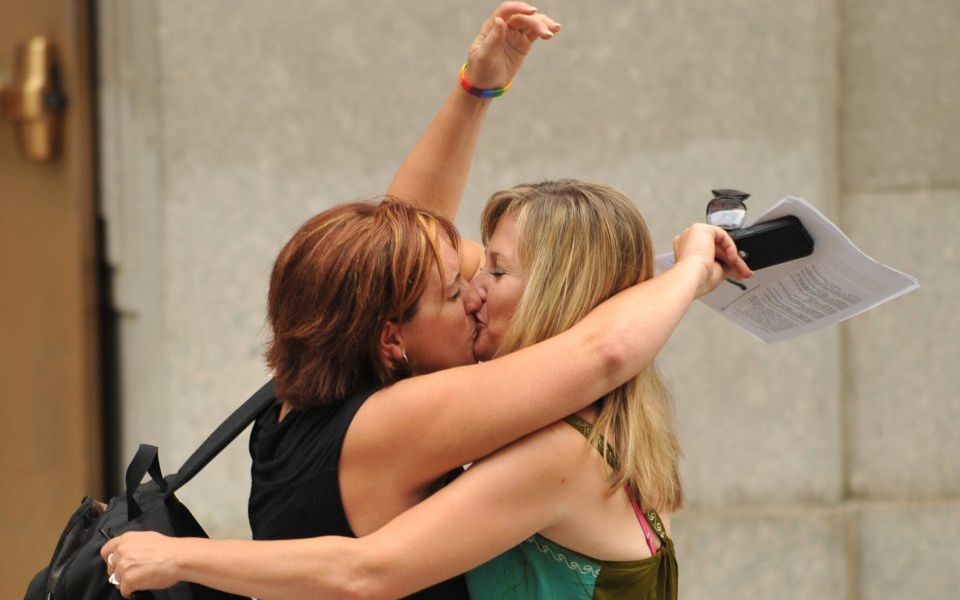Don’t let #MeToo kill the office romance or rob your job of human warmth

If you believe the daily reports, you’d be forgiven for thinking that rape and harassment are widespread across our offices, shops, universities, and factories.
Parliament’s Women & Equalities Committee (WEC) certainly thinks so. It wants the government to reach into workplaces, with an action plan to tackle sexual harassment.
At first glance, the numbers don’t look good. The BBC commissioned surveys of 6,206 British adults in 2017. Headlines reported that 40 per cent of women and 18 per cent of men at work have experienced sexual harassment.
Read more: Shutting down gender debates will only fuel sexist backlash
From this, the WEC has concluded that sexual harassment is commonplace. But what kinds of experiences were participants actually talking about in their responses?
The behaviours asked about are wide-ranging. Some are unpleasant but minor – displays of offensive materials that have made you feel uncomfortable at any time, or receiving unwanted messages or unwelcome sexual advances or catcalls. Some are more upsetting or physical – flashing, or someone placing a hand on your lower back or knees.
And when it comes to actual sexual assault or rape, the figures are thankfully much lower – just five per cent. But all these behaviours have been grouped together to generate headlines.
And it raises other questions. Is a kiss with a colleague at the office Christmas party acceptable? Well, 52 per cent said sometimes, 22 per cent (presumably the married cohort) said it was “always wrong”, and 10 per cent didn’t know what they thought.
Is slapping a colleague on the back to congratulate them acceptable? Is wolf-whistling at someone attractive? Is complimenting someone on their appearance? And what about swearing or using the F word at work? (God help me – 39 per cent said this was always wrong.)
You see the problem. When we talk about workplace harassment, we’re really talking about a range of very different things, many of them subjective.
The WEC, however, has no time for such nuance. Behold its five-point plan: impose a duty on employers to prevent harassment; require regulators to take a more active role; make enforcement processes work better for employers; reduce barriers for tribunals, extend time limits for submitting claims, and introduce punitive damages for employers; and collect robust data in the workplace.
There are many problems with this approach – and not just in terms of handing more and more data over to the government.
First, thinking people make distinctions between things. The conflation here degrades all aspects of human behaviour, as if coarse language is the same as violence. It isn’t, and most sane adults realise this.
Second, it returns us to the myth of female victimhood and demonises men as predators. This gives neither men nor women their own freedom to deal with working relationships. Not every woman is traumatised by a silly fool’s casual advance or awkward reach for a misjudged kiss. We don’t need a hotline to HR after the Christmas party.
This attitude also robs workplaces of the spontaneous human warmth that makes jobs bearable. It limits male banter and insults men at work by assuming that they are all about to commit a sex crime.
And finally, do we really want to replace personal judgement with a government five-point plan?
We should all be concerned about allowing misinformed government gooseberries to tag along in our workplace relationships. The government has no place in our office romances.
We don’t need action plans to extend and redefine rape and harassment – and we most certainly don’t need our flirtations, mistakes, and relationships turned into government data for the next round of action planning.
Shelagh McNerney is speaking on the panel “Has #MeToo killed the office romance?” at the Battle of Ideas event on Saturday 13 October.
Read more: Women put off by gender pay gaps when looking for new jobs, study finds